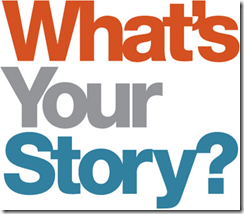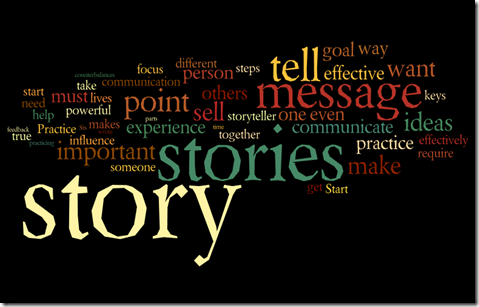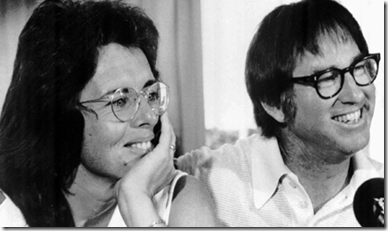I performed in the dark. Without amplification. The results were surprising.
/The worst experience I ever had while telling a story was on election night 2016 at a live show of Slate's The Gist. I was telling the story about my run for the Presidency of my college when things started to turn in the election returns and eyes quickly shifted from me to phones.
Trump was winning. The world was ending. People were literally hugging one another in the audience. And I was still blabbering onstage. There was a moment in my story when I nearly said, "I should stop. This is ridiculous. You don't want to laugh. I want a hug, too."
I persevered, but I'm quite certain that no one has the faintest recollection that I performed that night. Deservedly so.
My second worst onstage experience was during the Mayor's Charity Ball years ago. I was emceeing the event, and while the entire evening was lovely, but no one was terribly interested in what the emcee had to say. It was nearly impossible to get anyone's attention, and once again, I'm fairly certain that no one has the faintest recollection that I was even there.
I thought that last night might go just as poorly. I was scheduled to tell stories at a benefit for a local television network, but strong wins from the Northeaster had knocked the power out about an hour before I was set to perform, depriving me of a microphone or any light save candlelight. The room, which I have performed many times as a DJ, minister, and storyteller, isn't easy even with a microphone. It's long, cavernous, and unforgiving.
Trying to get the attention of 200 people with no amplification in the dark was not going to be easy.
One of the organizers proposed that we just scrap my performance. People were laughing, drinking, and having a good time already. No sense in disturbing their fun in these conditions.
"Yes!" I thought. "Cancel me. This isn't going to work!"
Ultimately it was decided that I should give it a try, so reluctantly, I slid two wooden boxes over to the center of the room, climbed atop them, asked a few people to point their cellphone lights at me, and I started speaking.
Loudly.
Instead of telling three stories covering 30 minutes, I told two stories that filled about 15 minutes before my voice wasn't going to allow me to tell a third. Though I didn't capture the attention of the entire room, I managed to grab a sizable portion and made them laugh with two stories that I punched up on the fly.
I wasn't great, but it wasn't terrible either. People listened and laughed.
When I was done, I sat down beside a woman who I know but hadn't seen in years. It turns out that she hosts a show on the TV network now with three friends. She asked me appear as a guest.
As I was leaving the building, an attorney stopped me in the lobby and asked if I would be willing to consult on storytelling and communications with his firm.
Someone in the parking lot then stopped me and thanked me for the laugh. A tree had fallen on his house that night, and he was heading home to inspect the damage. "I didn't think I'd be laughing at all tonight. I really appreciate it."
I'm constantly counseling people to say yes when an opportunity presents itself, even when that opportunity is less than ideal. I know people who would've refused to perform under those conditions last night, and honestly, I wouldn't have blamed them. It was an awkward, almost impossible situation. Had they asked me to cancel my performance, I would've happily obliged.
But I agreed to entertain an audience, so when they proposed that I give it a shot, I said yes. I stood up on those precarious wooden blocks, spoke with all the volume I could muster, and told two funny stories
It wasn't perfect, but people laughed and enjoyed the performance. I received an offer to appear on a television show, an offer to consult at a local law firm, and I brightened the evening of a man who was having an otherwise very bad day.
Not bad for performing in the dark, without amplification, under the light of a handful of phones.















